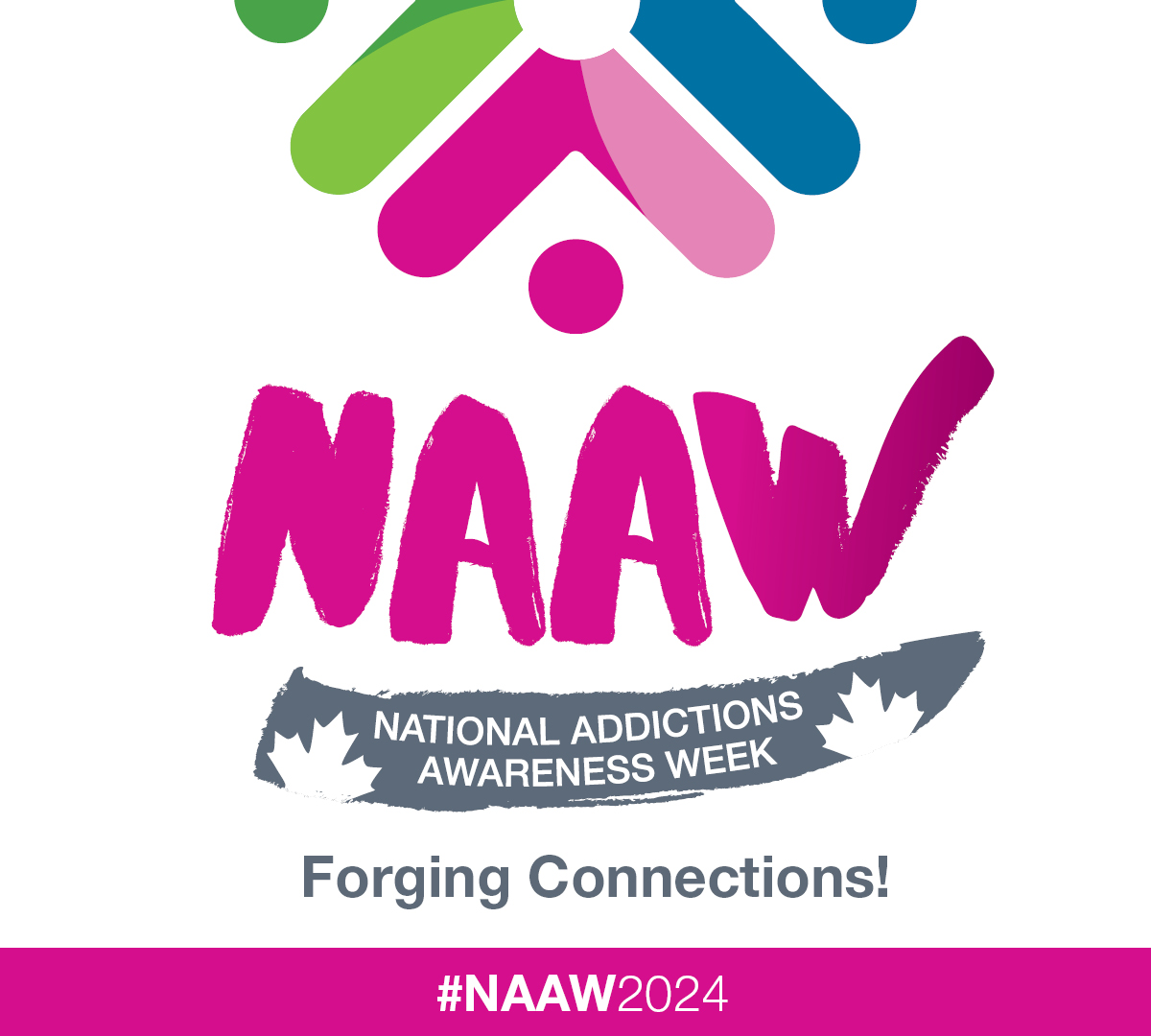Reflecting on 50 Years of Addiction Awareness in Alberta: Progress, Challenges, and the Path Forward
November 25, 2024

Addiction is a complex and multifaceted issue that has affected individuals, families, and communities across Alberta for decades. As we reflect on the past 50 years, it is essential to recognize both the progress made in addiction awareness and the challenges that remain. This journey has been marked by evolving societal attitudes, changes in treatment approaches, and a growing understanding of the underlying factors contributing to addiction.
The Historical Context
In the 1970s, addiction was often stigmatized, and those struggling with substance use disorders faced significant barriers to seeking help. Addiction was frequently viewed through a moral lens, with individuals being labeled as weak or lacking willpower. Treatment options were limited, and many people fell through the cracks of a system that did not adequately address their needs.
However, the latter half of the 20th century saw the beginnings of a shift. Advocacy groups emerged, pushing for a more compassionate understanding of addiction as a health issue rather than a moral failing. This period laid the groundwork for increased awareness and the development of more comprehensive treatment programs.
Advancements in Awareness and Treatment
By the 1990s and early 2000s, awareness of addiction began to gain momentum in Alberta. The province witnessed the establishment of various organizations dedicated to educating the public about the realities of addiction. Campaigns aimed at reducing stigma and promoting understanding became more prevalent, emphasizing that addiction is a complex disease that can affect anyone, regardless of their background.
In tandem with growing awareness, Alberta saw advancements in treatment approaches. The introduction of harm reduction strategies, such as needle exchange programs and supervised consumption sites, marked a significant shift in how addiction was addressed. These initiatives recognized that meeting individuals where they are in their journey is crucial to fostering recovery and reducing the negative impacts of substance use on communities.
The Opioid Crisis: A Wake-Up Call
Despite the progress made, the past decade has brought new challenges, most notably the opioid crisis. Alberta, like many provinces in Canada, has faced a surge in opioid-related overdoses and deaths. This crisis has underscored the urgent need for continued awareness, prevention, and comprehensive treatment options.
In response, Alberta has implemented various initiatives aimed at addressing the crisis. The government has invested in expanding access to treatment, increasing the availability of naloxone kits, and enhancing support for mental health services. Community organizations have also played a vital role in raising awareness about the dangers of opioid misuse and advocating for those affected by addiction.
Continuing the Conversation
As we look toward the future, it is crucial to continue the conversation around addiction awareness in Alberta. Stigma still exists, and many individuals remain hesitant to seek help due to fear of judgment or misunderstanding. Education and advocacy must remain at the forefront of our efforts to create an environment where individuals feel safe and supported in seeking treatment.
Moreover, addressing the root causes of addiction, such as mental health issues, trauma, and socio-economic factors, is essential. A holistic approach that integrates mental health support, community resources, and addiction treatment can pave the way for more effective recovery pathways.
The Role of Community
Community involvement is vital in fostering a culture of understanding and support for those affected by addiction. Families, friends, and local organizations can play a significant role in raising awareness, providing support, and advocating for policy changes that prioritize addiction treatment and prevention.
Moreover, sharing personal stories of recovery can help break down barriers and humanize the issue of addiction. When individuals feel empowered to share their experiences, it can create a ripple effect, encouraging others to seek help and fostering a sense of community solidarity.
Conclusion
The last 50 years of addiction awareness in Alberta reflect a journey of progress, challenges, and resilience. While significant strides have been made in understanding addiction as a health issue, there is still much work to be done. By continuing to raise awareness, reducing stigma, and advocating for comprehensive treatment options, we can create a brighter future for individuals and families affected by addiction.
As we move forward, let us commit to fostering a compassionate and informed community that supports recovery and promotes the well-being of all Albertans. Together, we can build a healthier, more inclusive society where everyone has the opportunity to thrive.
Sandra Clarkson, President & CEO
Calgary Drop-In Centre
Recent Posts
February 10, 2026
December 11, 2025




